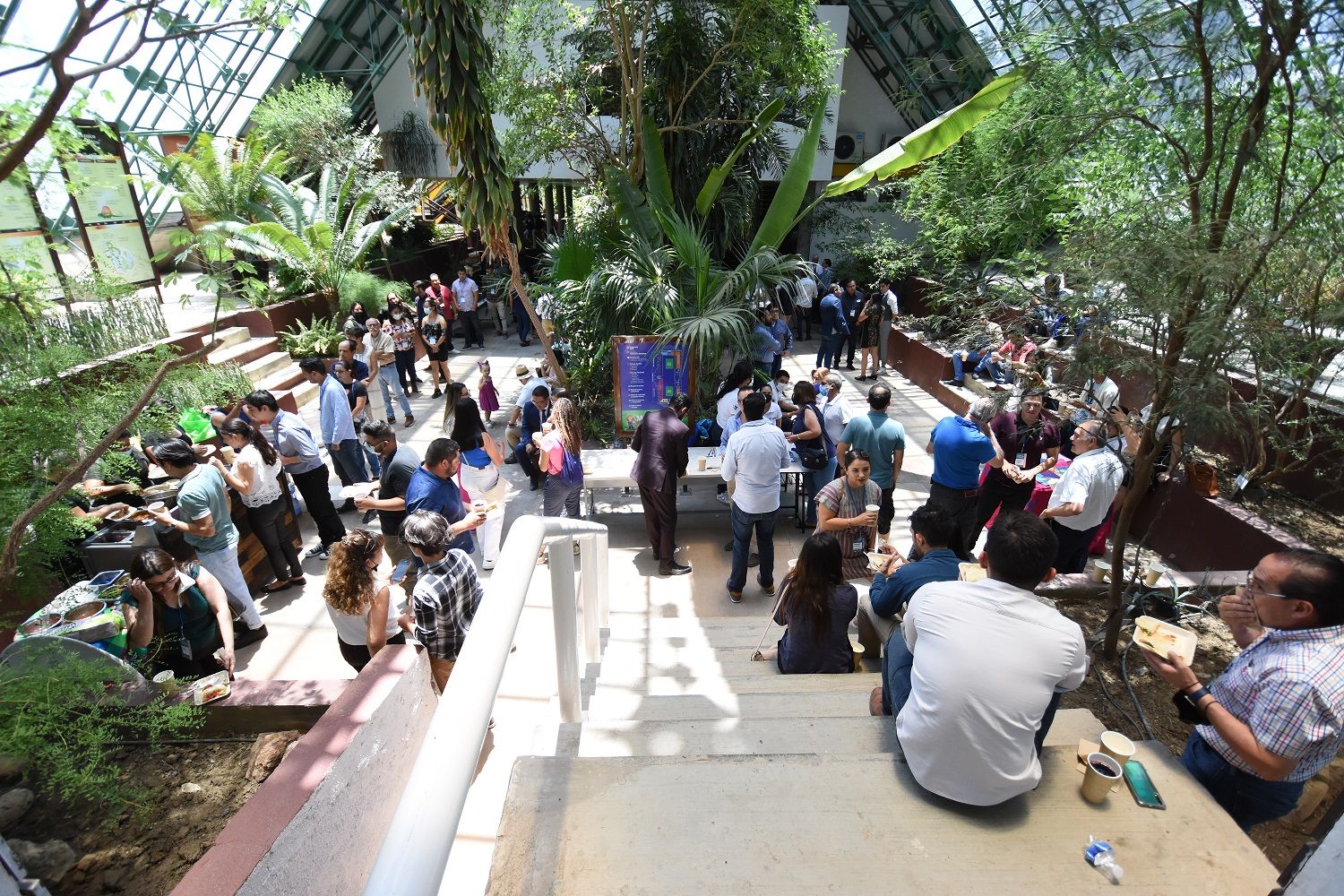Editor’s Note: Adrian Garcia-Casarrubias is director of the Kirchner Food Fellowship Mexico, a student-led impact investment program operated by the Kirchner Impact Foundation, one of the ‘returning’ arms of Kirchner Group a values-based North American traditional merchant bank.
It never ceases to amaze me the degrees of innovation and the resiliency of entrepreneurs in the food value chain, especially in Latin America. A recent reminder of that was the “Agtech Summit Mexico 2022” that was held in Leon, a city in the state of Guanajuato, Mexico, in June.
Guanajuato is recognized for its economic development and importance in the food and agricultural industries in North America. The state’s entrepreneurship ecosystem is robust with many centers designed to help train more than 19,000 entrepreneurs in the region every year. It has also developed specialized academic programs designed to meet the needs of industries and has optimized its science-technology infrastructure, creating innovation and business clusters. Specifically related to agtech, some pioneers in the region include Agrobioteg Innovation Park in the city of Irapuato in Guanajuato, which hosts a business incubator, accelerator, and lab co-working space devoted to the sector. FIRA, a trust fund instituted by the Mexico Central Bank for agriculture and food industry development that gives loans to ag-entrepreneurs at low rates allowing them to further develop their ideas, is another example.
In 2019, Mexico entered the list of the 10 most important ag-food exporters for the first time. This places Mexico in a strategic position for agriculture. Investments in technological innovations for irrigation, safety, quality, and nutrition of crops, as well as genetic improvement in the livestock sector, have contributed to the primary sector’s dynamism. All this coupled with other competitive advantages and the region has created a very promising environment for the Mexican agtech ecosystem.
During the pandemic, not only did agricultural activity continue but agricultural and agro-industrial exports from Mexico increased by 9.1%, despite the adverse circumstances. This sector remains strong and with excellent performance, especially when it comes to exporting products such as avocadoes, tomatoes, berries, beef, and pork.
The Covid-19 pandemic was not without effect, however; but it impacted different types of farming systems in Mexico in different ways. Medium-scale agricultural systems were the most affected, but according to an international study by CIMMyT in 2021, large-scale and small-scale farming systems showed greater resistance to the effects of the pandemic. The reduced effects in large-scale systems can be explained by the availability of resources and infrastructure that allowed them to resist the different sanitary and social restrictions. Meanwhile, small farmers’ lack of connection with international supply and trading systems, and their rapid capacity for adaptation and innovation, explain their resilience. Among these small farmer innovations was the development of alternative value chains and delivery systems for food and agricultural products, and the exponential use of digital media to adapt to changes in consumer behavior both in demand and in operation.
As a further illustration of the amount of additional innovation going on in the sector, there were over 50 Mexico agtech projects and companies that applied to be part of the recent summit during a very short ‘application period’. The quantity and quality of the companies were vast and included companies focusing on biotechnology, vertical farming, drone technology, molecular diagnostics, alternative sweeteners, and water purification to name just a few.
I am confident in saying that the ever-growing hi-tech agtech sector in Central Mexico is beyond promising and it has allowed the ag-food ecosystem to resist and thrive during these complicated years, not just maintaining but increasing food production for the benefit of Mexico and the world. As new challenges take hold, like the war in Ukraine and the challenging economic conditions resulting from the pandemic, the strain on the global food supply chains will remain. International events and conferences that bring local companies and projects on the leading edge of innovation together with fellow entrepreneurs, potential partners, and investors will be fundamental to continuing the development of solutions to global challenges.





